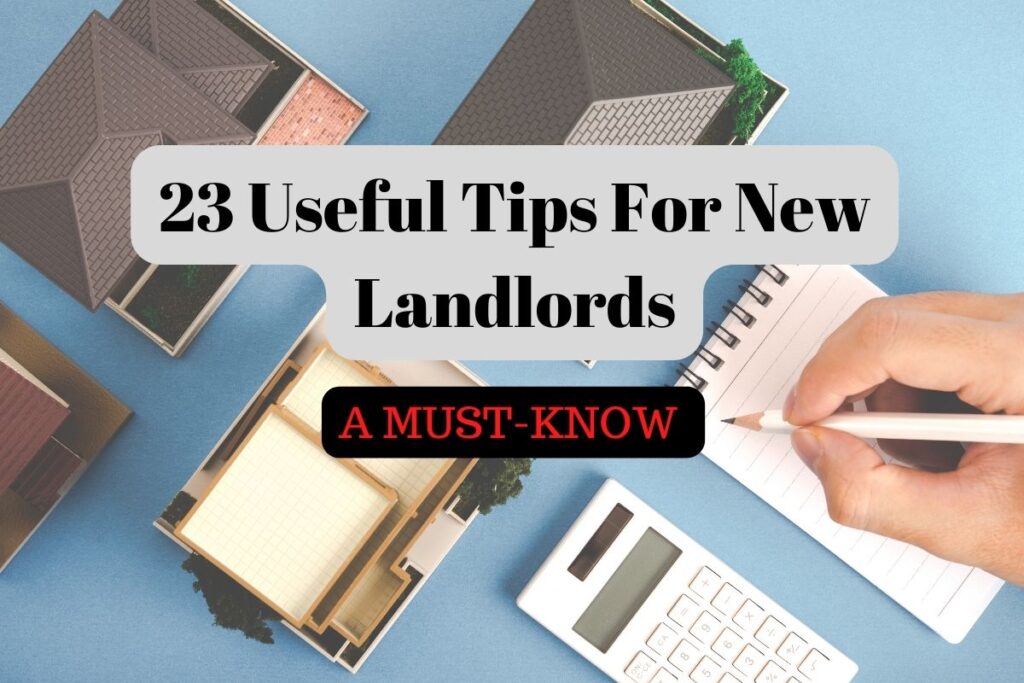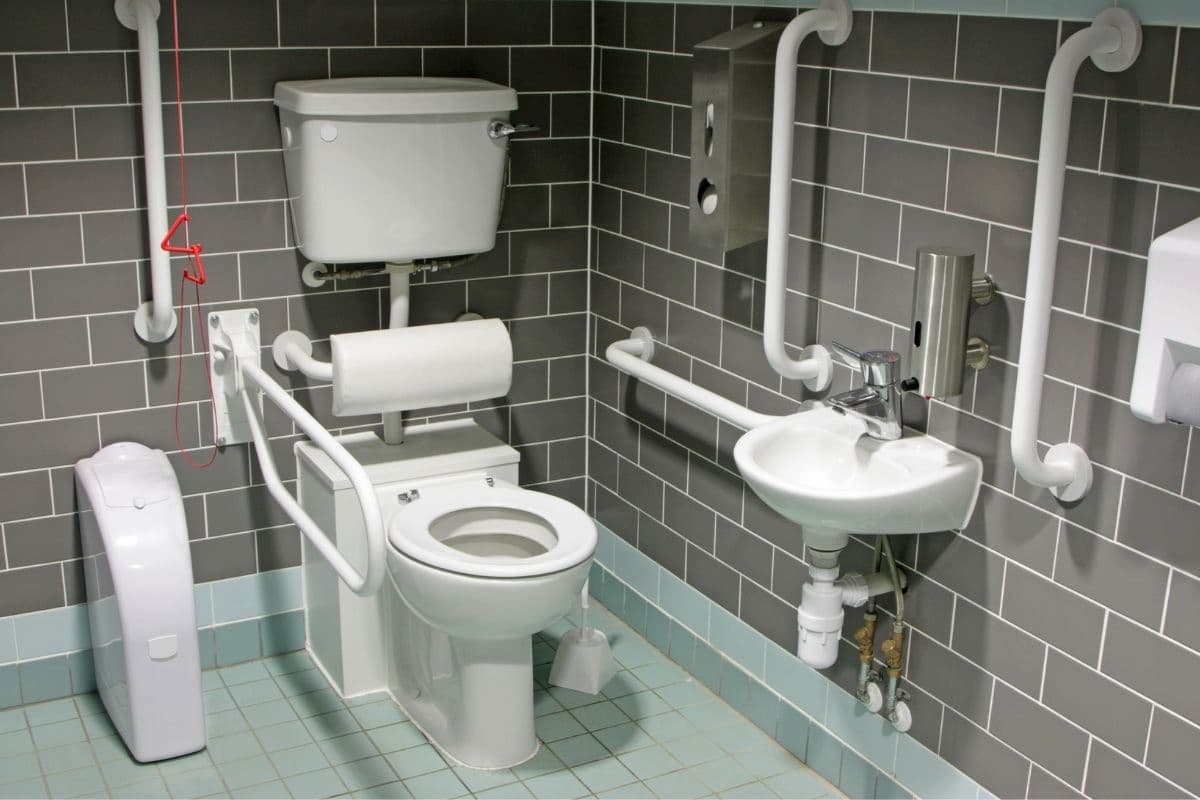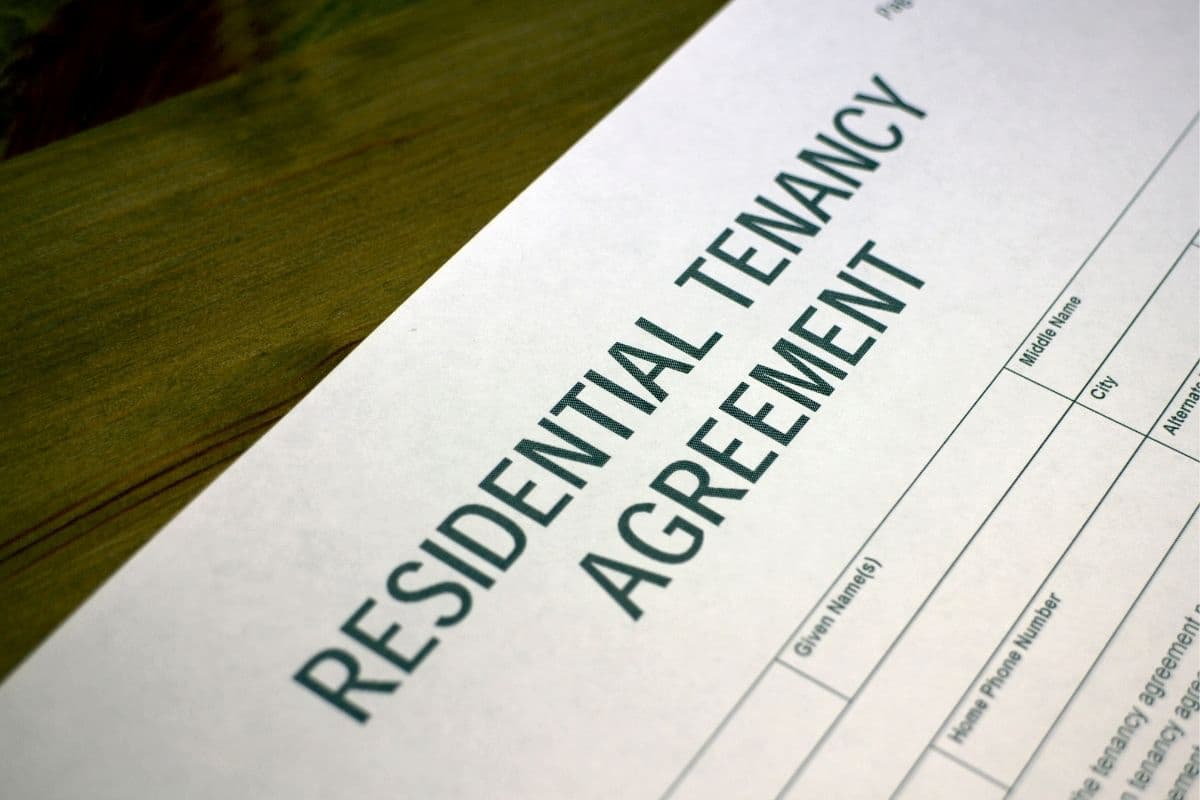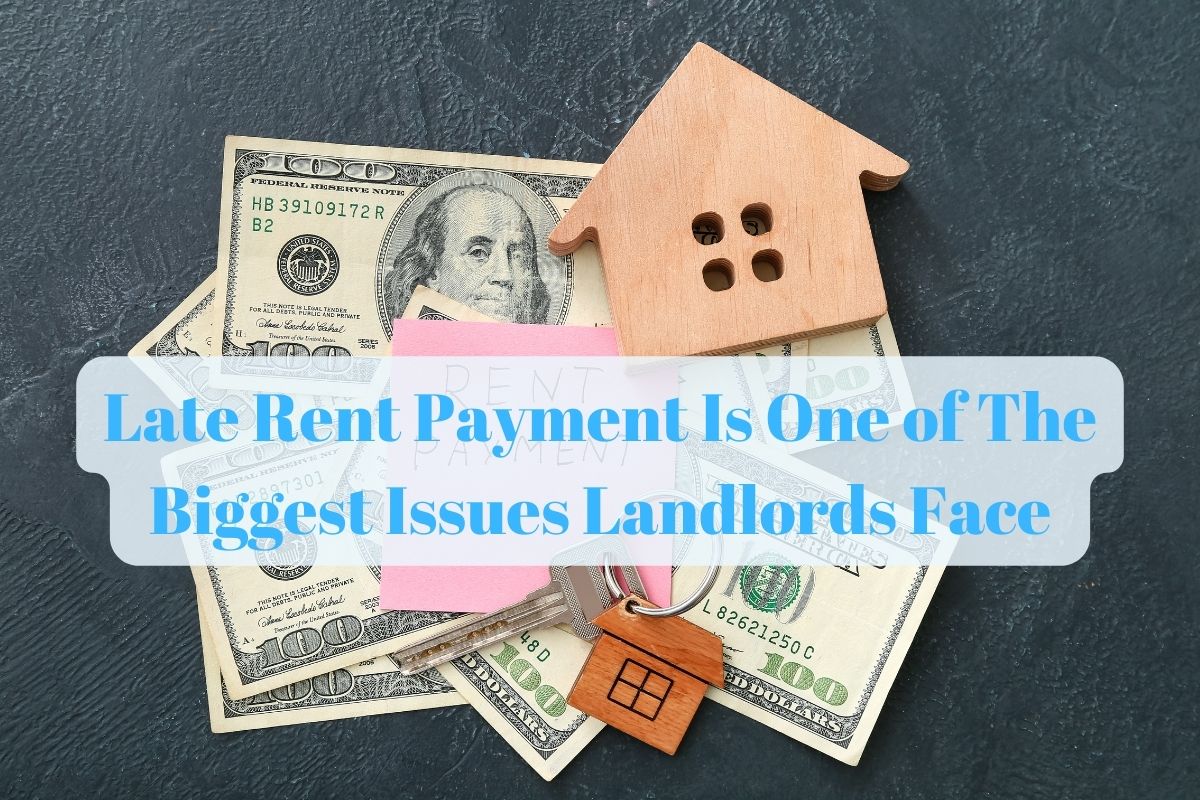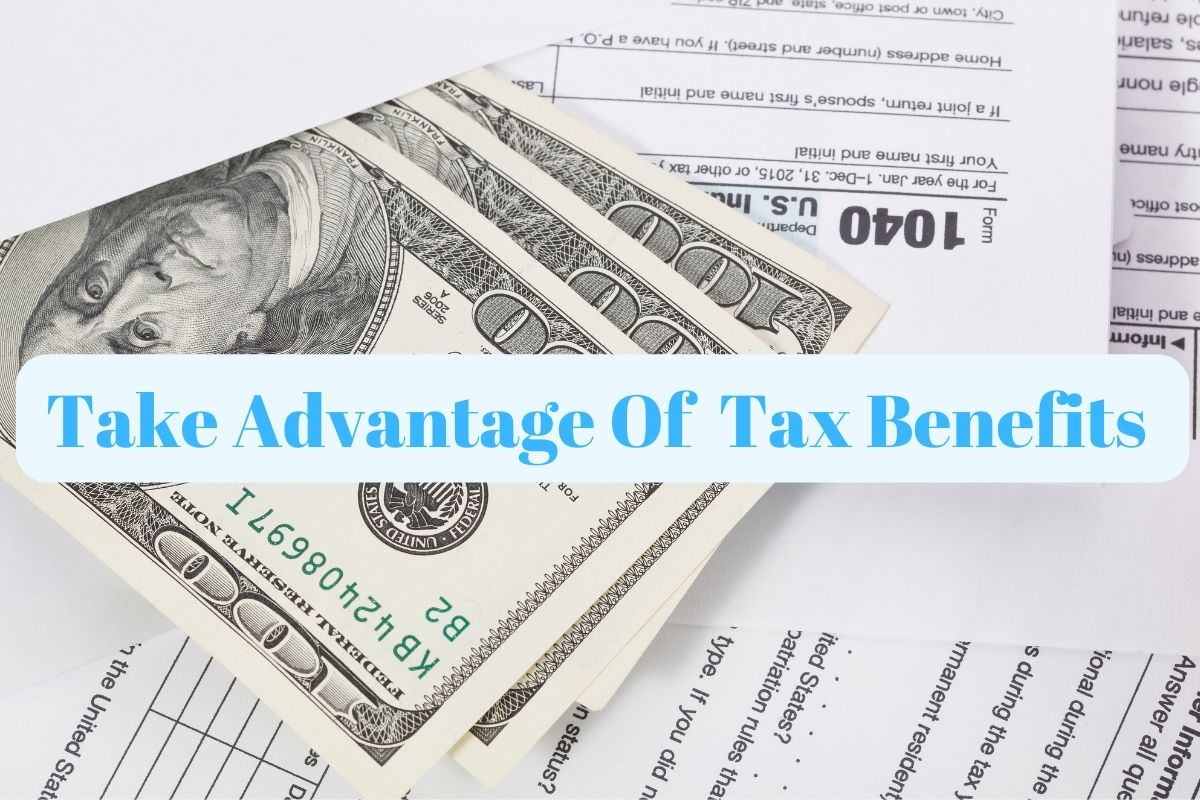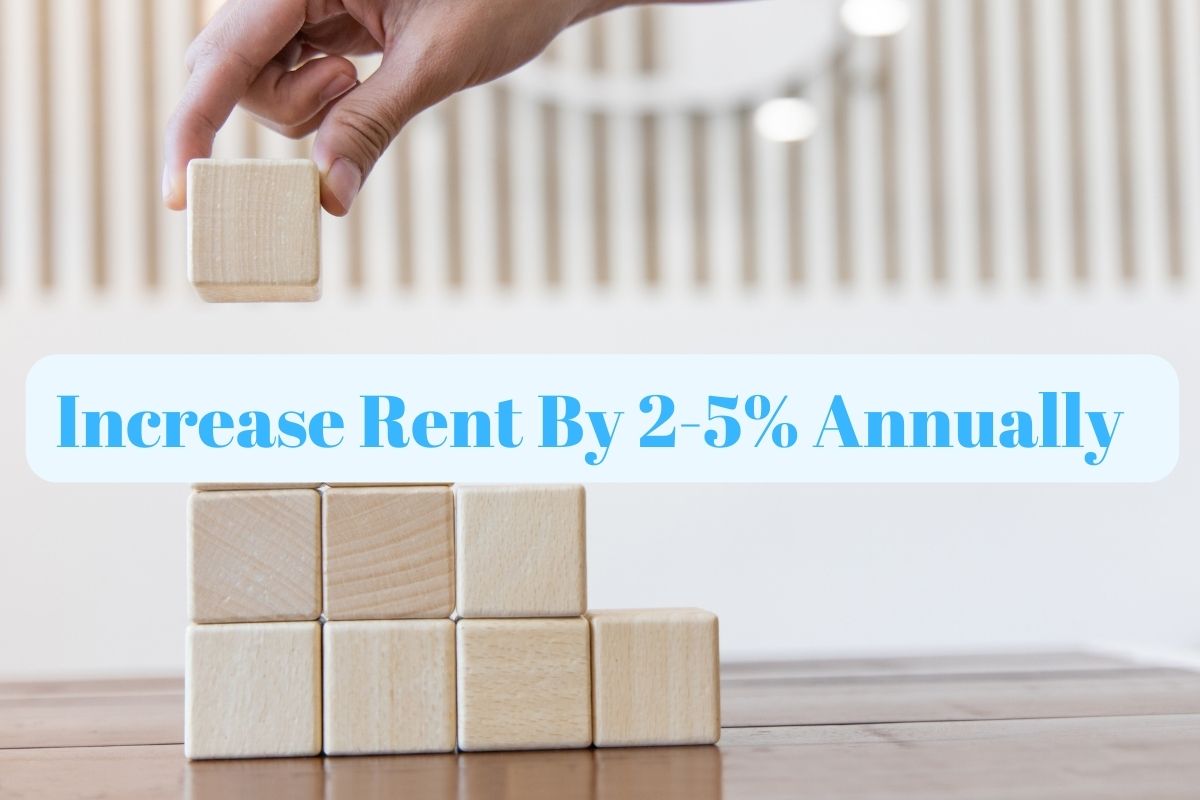Congratulations, new landlords! You’re the new owner of a rental property, whether you’re subletting on the weekends or only renting your home while you’re away on vacation. It doesn’t matter as long as you’re managing one or more tenants. However, most new landlords are investors looking to make a living, profit, or pay off their mortgage. Hopefully, you researched well and bought a profitable property. These magical tips will help you get through the pre and post-phase of accepting tenants.
23 Magical Tips For New Landlords
This compilation of helpful tips would set you straight as the freshest landlord on the block. Old-timers can also learn a thing or two from them. Here are twenty-three tips to help you become a rock star landlord in no particular order.
1. Learn the Laws
Most new landlords take homeowner’s laws with a pinch of salt. Aside from the risks of ignorance, it’s one of the easiest ways to get on the wrong side of members of your landlord association. Take the time to familiarize yourself with fair housing laws in your state. Also, learn the landlord-tenant laws, Fair Credit Reporting Act and other laws that pertain to a rental property.
With this knowledge, you can prevent avoidable mistakes that could cost you more than you bargain for. If you feel overwhelmed about doing research, no worries. The American Apartment Owners Association charted a map that offers landlord-tenant laws in all 50 states.
2. Find A Good Bank
Good businessmen know to separate personal finances from company business. That’s why it’s advisable to open a separate business account for your rental property. It would save you time and also cost piling on your tax returns. Additionally, having separate bank accounts gives you a clearer picture of profit and loss, giving you the chance to take strategic actions. And most importantly, your rental property becomes an official business. As such, you can key into that mindset when dealing with tenants.
3. Figure Out Your Maintenance Routine
Plan a management routine before you even accept tenants on your property. This should include everything from repair and maintenance, collecting rent, to sending notices. Determine if you’ll be at tenant showings, routine maintenance or let your agent or a management company handle management activities. In other words, figure out if you’ll be DIY or will delegate. Managing a property can be overwhelming if you only handle tasks as they come up. You should also prepare an emergency fund for when tenants default payment or you have a vacant unit. Unfortunately, landlord insurance policies won’t cover missed income.
4. Shop Around For Insurance
Look around for the best insurance policy providers so you don’t end up stuck with a burden. And if you’re unsure of insurance policies you need as a landlord, the homeowner’s insurance or landlord insurance are the most important options.
If you live with your tenants, your homeowner’s insurance should cover any damages to the building. However, you will need landlord’s insurance if the tenants live alone.
Get a quote from various insurance companies — preferably three to four — to help you find the best insurance policy. You’ll be surprised by the variances you’ll see in the prices. However, you should weigh your options carefully before you decide to avoid hidden fees and clauses. And if the quotes are all similar, you can rest easy knowing you’ve done due diligence.
5. Set Clear Communication Boundaries
Set specific hours during which tenants can reach you — and stick to it. Remember, you’re running a business, not a shelter. The last thing you want is a tenant calling in the middle of a date to complain about a tap leakage. Consequently, if strangers calling out of the blue does not faze you, go ahead and be completely accessible. On the other hand, if you’re busy and loathe off-hours calls, here’s how to properly set professional boundaries with tenants.
- Let your number go to voicemail outside business hours.
- Give an emergency number if they have to call “after-hours.”
- Return calls when you promise.
6. Mandate Renter’s Insurance
Sometimes, sharing some responsibilities with your tenants is what being a good landlord looks like. A renter’s insurance protects tenants from damage to their personal belonging caused by accidents in your building. For instance, if a tenant’s room is flooded and your clothes and furniture get soaked and destroyed, you’ll get a reimbursement. Everybody gets out of the damage with a reward. While it’s not mandatory, you’ll be doing yourself and your tenants a good service by offering renter’s insurance. It protects you from commotion about property damage and is good for the tenants. The good thing is renter’s insurance is pretty affordable. So, you’ll find it easier to convince a committed rent applicant to buy one.
7. Handle Disabled Accommodation Cautiously
While it’s advisable to be rigid with tenants, you should make room for accommodation and adjustments with disabled persons. Essentially, you can’t discriminate against tenants with disabilities under the Fair Housing Act. So, for instance, if you have a strict no pets rule, you may accommodate a tenant who needs a service dog for daily function. And it doesn’t matter if it’s before or after the rent agreement. The most you can do is request official documentation to verify that their handicap needs a service animal.
Another example is installing modifications to make a bathroom wheelchair accessible. Here, the tenant must show they’re financially capable of funding the installation and its removal after leaving. Learn about the Americans With Disabilities Act to know more about the rights of landlords and tenants. You’ll find many brief and comprehensive resources online. Armed with that information, you can handle tenants making bogus requests.
8. Write A Transparent Lease Agreement
One of the fundamental documents of a tenancy is the lease agreement. It’s like the bible for you and your tenants, except a lease agreement specifies the responsibilities and duties of the landlord and tenants. Don’t be tempted to lazily download a generic lease agreement template off the internet. That could spell doom down the line.
Most states have a standard lease agreement you can draw ideas from. Include critical terms like the rent amount, visiting times, number of people who can live in the apartment, etc. However, these document isn’t set in stone. You can update the instructions in the lease agreement as new issues develop.
9. Employ A Real Estate Attorney
A landlord-tenant attorney will help you prepare your legal documents and handle tenants in crucial moments. And the most crucial is an eviction process – never resort to self-eviction regardless of the situation. An attorney will follow the necessary rules and protocols that will free you from fines.
Seriously, nobody speaks of how difficult it is to find a competent and trusted lawyer —and quickly too. So, new landlords, do yourself a favor and build a relationship with one early on. So whenever you need a legal issue resolved, your trusted attorney will be a call away. Furthermore, a real estate attorney can read the situation in the house and draft an encompassing lease agreement. They also settle tenant conflicts, defend property damage claims, address wrongful discrimination claims, and more.
10. Get Your Management Protocol In Order
As a new landlord, it’s important to have a management style for handling your property from the onset. For example, will you manage from overseas, live with your tenants, or delegate to a loved one? Although it’s a decision you should make before accepting tenants, it’s never too late. If you are managing by yourself, get everything from paperwork to repairs all done before a new tenant moves in. Otherwise, hire a professional management company. They’ll handle rent collection, repair requests, and record-keeping. Essentially, the company becomes the caretaker of your rental property.
11. Use Property Management Software
Using property management software in this age is a mandatory tool for handling your rental property yourself. Savvy landlords automate monitoring all parts of their rental property using PMS. Yet, over fifty-six percent of landlords don’t use one.
For one, it facilitates online rent payment. If you’re an old-timer, rest assured it’s fast, safe, and cost-effective. No risk of bounced checks or the classic tenant excuse that they lost the check lost in the mail. Beyond collecting rent online, PMS can help you advertise the property for rent, collect late fees or deposit amounts, manage repair requests, and communicate with the tenants. Some of the best property management software for landlords are AppFolio, Buildium, and Propertyware.
12. Send Reminders/Notices For Everything
Always send reminders to your tenants, notifying them of upcoming payments, repairs, and maintenance routines. Also, send a notice ahead if you’re visiting, especially if it’s mentioned in the lease agreement. Also, send a welcome letter during move-in, reminding tenants of rules and regulations and guides, if any. Keep reminders friendly and personable without referencing eviction or “serious” consequences like a hostel master. Finally, you should ask them how they prefer to receive the notifications.
13. Stay Rigid With Rent Collection
Tenants can (and will) form a habit of delaying payment if you give them a chance. It’s one of the biggest issues landlords face in managing their rental property. Most landlords try being the nice guy who gives tenants the grace of a few weeks or months. But then realize a bit too late that their compassion is taken for granted. That’s another reason why sending reminders is a must. It helps you avoid this sort of drama and prevents genuine forgetfulness. Most importantly, stand your ground if they still try to play games. A personal crisis shouldn’t affect the payment of rent – you also have mortgage payments to keep up with.
14. Treat Your Rental Property Like The Business It Is
Fake it till you make it, they say. But that’s not what you’re doing when you handle your rental property like a businessman. It starts with conversing with tenants, hiring contractors, and handling repair requests as a landlord running a business — not a homeowner. Interacting with tenants and contractors formally would go a long way.
For example, you can say, “I’m sorry, but I’m required to charge you a late fee if rent is more than 24 hours late. It is processed by my accountant, so I don’t have control over it”. Or, “Unfortunately, our insurance doesn’t cover damage caused by BB guns, and if the behavior is reported again I will be required to evict.” Instead of “Please, stop shooting BB guns or playing punk rock at full blast in the middle of the night.
15. Don’t Take Tenant Screening Lightly
If you set a competitive price and keep your house in fine shape, you’ll likely receive a ton of requests. But don’t rush into choosing a tenant. Tenants may not qualify because of eviction history, low income, or other factors like owning a pet. Check criminal records and other necessary background checks as well. Decide on who you would like to rent out the flat – You should be very clear about this. Don’t discriminate, though, no matter the route you take.
16. Credit checks
Evicting a tenant is stressful, and the tenant enjoys months of free rent before they can be thrown out. As a new landlord, you never want this to happen. That’s why credit and background checks are crucial. A credit check accesses whether an applicant can pay rent regularly. It should reveal the tenant’s credit history, income information, mortgage payment history, and public record filings like insolvency or past evictions.
According to the Fair Credit Reporting Act, you must notify applicants if you reject them based on the credit report. You’ll send an adverse action letter notifying them of the rejection and provide the reporting agency’s address. Even if you are open to renting applicants with a bad credit history or a criminal record, you must look things over. Better the devil you know than the devil you don’t.
17. Stay On Top Of Your Taxes
Real estate offers more tax benefits than most investments. So count yourself lucky as a landlord and take advantage of the opportunity. One of the enticing rental property tax benefits is the personal tax deduction. It enables you to deduct expenses related to the upkeep of your rental property from your personal tax return. However, you may qualify for other tax deductibles like:
- Rental property income loss deductions.
- Expenses associated with running a business.
- Qualified business income deductions
- Property depreciation tax
Hire a real estate tax accountant to help you file your tax returns and tap into deductions. Consider it an investment because they’ll save you money, suggest low-risk investments, and introduce you to investors.
18. Increase Rent According To Market Trends
Raising rent rates can be tricky. You don’t want to price too high or below the market level. I know a “mom and pop” landlord who refused to raise her rent for three years because she had the same tenant. Meanwhile, in those years, the inflation rate went through the roof.
The worse part was she nagged through those years, thinking the tenant should appreciate her charity by paying promptly. That’s right, her tenant delayed rent payment despite the low price. Don’t feel guilty when you raise rent. It’s your right as a landlord, and if they won’t pay, then it wasn’t the right match from the start. Check the rent raise laws of your state for guidance. In Michigan, you can increase rent for current residents up to five percent. Vacant units on your rental property can receive higher rates.
19. Befriend Good Tenants
Don’t get the wrong picture. You can “befriend” your tenants while being professional by listening and carrying out requests promptly. Besides, these are traits of a good landlord anyway. However, you should show more affection when you find a good tenant. A good tenant pays rent on time, fixes minor damages, and brings your attention to major issues, like pipe damage. And guess what? They are hard to find these days. So you want to know you tried your best to keep them happy on your property. Reward them with minor upgrades every time they renew their lease — preferably on request. It makes them feel heard and valued.
20. Avoid Renting To Loved Ones (Cold, but Better)
New landlords, do this at your own risk. However, it’s only fair you know that most people who accommodate a relative usually end up regretting it. What usually happens is that you may dent the relationship when you have to take rash actions. For example, imagine how you’d relate with a cousin after evicting them for defaulting on payment for over a year. Also, a relative may expect you to overlook things that cost you money. For instance, they may expect you to reduce rent (which will limit your deductions) or waive the cost of damages.
21. Do A Walk-Around During Acceptance
Walk around the apartment with your new tenants to show all things are in working order before they move in. It could also be a chance to get acquainted with them — for a glance at how they might turn out to be. But don’t forget the order of the day is stock-taking. Carefully note what’s working, needs repair, or requires a special procedure for use in the building.
22. Snap Professional Photos
Many new landlords fail to market their rental property with professional photos. It’s such that most DIY landlords jump on a listing platform and upload photos taken with their smartphones or a cheap camera. In this digital age where people search online for accommodation, shabby photos may drop the value of your home, even if you have a great house for rent. Today’s internet-savvy renters won’t trust a listing with photos that look like it was taken on a Nokia phone. Hire a professional real estate photographer to attract more qualified applicants.
23. It’s A Constant Effort (Bonus)
Carrying out good landlord practices isn’t a day’s job. So don’t panic if you realize you’ve been doing it all wrong or still have a long way to go. Start with one or two tips till it becomes routine. And take up more as you become comfortable with them or as relatable matters arise on your rental property. Don’t take these tips for new landlords shouldn’t as a measure of success, but a compass for direction.

